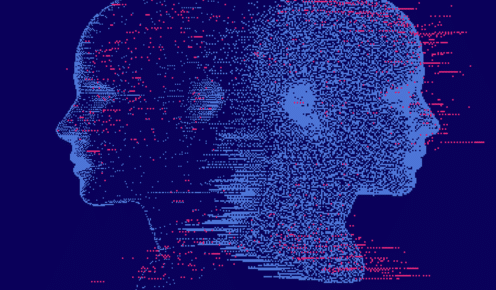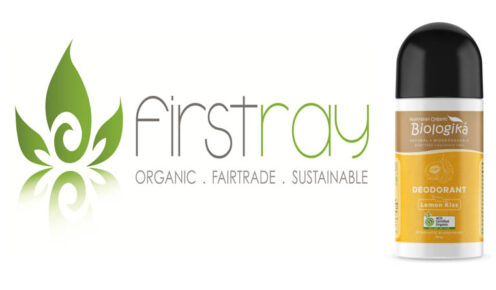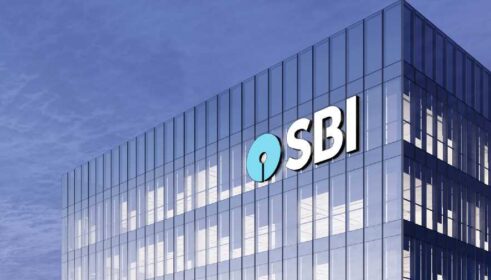Data security is a critical concern for organizations in today’s digital landscape. With the increasing prevalence of cyber threats and the need to comply with stringent data protection regulations, businesses are actively seeking secure and reliable communication methods. Cloud fax, a modern and secure approach to faxing, offers several advantages that can significantly enhance data security.
Encryption
Data encryption is the process of converting information into an unreadable format, known as ciphertext, to prevent unauthorized access. It involves using algorithms and cryptographic keys to encode the data, making it virtually impossible for anyone without the decryption key to decipher it. This technique is widely used to protect sensitive data, such as financial records, personal information, and intellectual property. By implementing data encryption, organizations can safeguard their data from hackers, data breaches, and other cyber threats.
Cloud faxing, on the other hand, offers a secure and efficient way to transmit documents electronically. Unlike traditional faxing, which relies on physical machines and phone lines, cloud faxing operates through the internet. Documents are converted into digital format and securely transmitted to the recipient’s fax machine or email. Cloud faxing provides numerous advantages, such as reduced costs, improved workflow, and enhanced document security. It eliminates the need for paper-based faxes, thereby reducing environmental impact and streamlining document management processes. Any company choosing to use this option will need a cloud fax API to simplify the process.
When data encryption is combined with cloud faxing, the result is a robust and secure communication channel. Encryption ensures that the transmitted documents remain confidential and protected against unauthorized access during transmission and storage in the cloud. This combination is particularly beneficial for industries dealing with sensitive information, such as healthcare, finance, and legal sectors. How can the sender ensure these communications are secure?
Secure Transmission
One of the key advantages of cloud faxing is its ability to ensure secure transmission of sensitive documents. With traditional fax machines, there is always a risk of unauthorized individuals intercepting faxed documents or confidential information being left unattended on the machine. The encryption used in cloud faxing ensures that only authorized parties can access the faxed documents, minimizing the risk of data breaches and unauthorized access. This is only one measure cloud fax providers have put into place to ensure the security of transmissions.
Moreover, cloud faxing offers an added layer of security through access controls and user authentication. Users can establish permissions and restrictions, ensuring that only authorized personnel can send, receive, or view specific faxes. This feature enhances privacy and confidentiality, preventing unauthorized individuals from accessing sensitive information.
Cloud faxing provides audit trails and tracking capabilities. This means that businesses can keep a record of all fax activities, including timestamps, sender and recipient information, and delivery confirmations. These audit trails are invaluable for compliance purposes, enabling organizations to demonstrate adherence to industry regulations and legal requirements.
Centralized Management
Cloud faxing allows users to send and receive faxes electronically, eliminating the need for physical paper and dedicated fax lines. One of the significant advantages of cloud faxing is its accessibility. Users can send and receive faxes from anywhere, using any device with an internet connection. This mobility enhances productivity and eliminates geographical constraints, enabling seamless communication and collaboration across different locations.
Remote workers benefit greatly from cloud faxing. Employees who spend time out in the field no longer need to wait until their return to the office to transmit documents. Any person can send and receive faxes thanks to the flexibility of the service.
When doing so, they have no concerns about the security of the transmission. Cloud faxing offers enhanced security and privacy. Sensitive information remains protected throughout the faxing process. Additionally, digital archiving ensures that faxed documents are securely stored and easily retrievable when needed, eliminating the risk of lost or misplaced paperwork, which can be a problem when people are on the go.
Centralized management complements cloud faxing by providing a unified system for document control and collaboration. It centralizes all incoming and outgoing faxes, allowing administrators to manage and track fax activities efficiently. Centralized management systems also often include features such as user permissions, audit trails, and reporting tools, enabling organizations to monitor and regulate fax usage.
Furthermore, centralized management systems integrate with other business applications, such as email, document management systems, and customer relationship management software. This integration enhances efficiency by automating workflows and facilitating seamless data transfer between different platforms. It eliminates manual data entry, reduces errors, and improves overall productivity.
Compliance with Regulatory Standards
Regulatory compliance refers to the adherence to laws, regulations, and industry standards that govern the protection of sensitive data and ensures the privacy and security of individuals’ information. Cloud faxing, which involves transmitting confidential documents electronically, must comply with various regulations, including the Health Insurance Portability and Accountability Act (HIPAA), the Payment Card Industry Data Security Standard (PCI DSS), and the General Data Protection Regulation (GDPR).
Cloud faxing providers play a crucial role in maintaining regulatory compliance. They employ advanced encryption techniques to safeguard data during transmission and storage, ensuring that sensitive information remains secure and confidential. These providers also implement robust access controls, authentication protocols, and audit trails to monitor and track fax transmissions, maintaining a record of every action taken for compliance purposes.
Moreover, cloud faxing solutions take this security a step further. They offer additional compliance features, such as recipient verification, which ensures that faxes are only sent to authorized individuals. They also provide features like automatic deletion of fax data after a specified time to adhere to data retention requirements. By leveraging cloud faxing services, organizations can enhance their compliance efforts while reaping the benefits of streamlined document management.
Data security is a paramount concern for organizations in the digital age. Cloud fax offers a secure and reliable solution for transmitting sensitive information, enhancing data security in multiple ways. By adopting cloud fax solutions, businesses can mitigate the risks associated with traditional faxing methods and strengthen their overall security posture. Embracing cloud fax not only improves data security but also ensures compliance with regulatory standards, instilling trust among customers and stakeholders.












